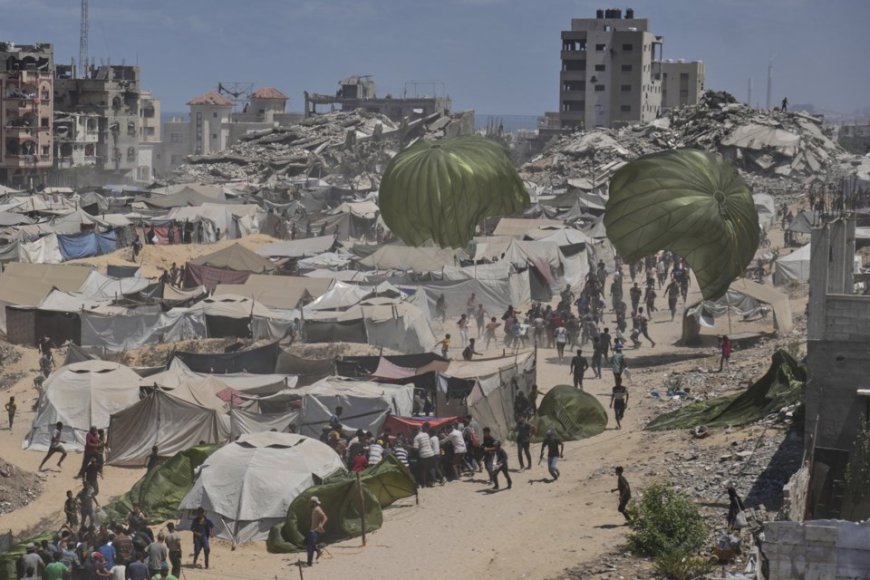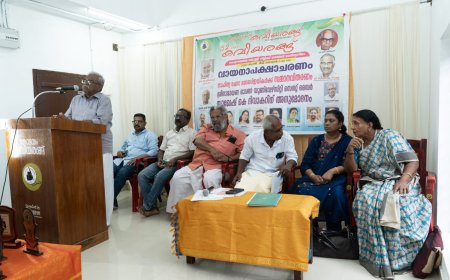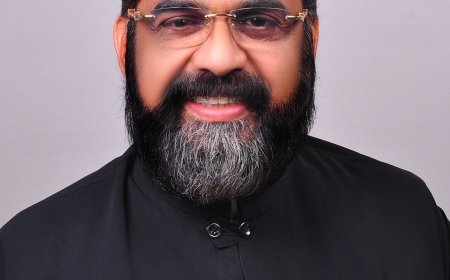Israel approves plan to take control of Gaza City, signalling major escalation

ISRAEL'S security cabinet has approved a plan to take control of Gaza City, Prime Minister Benjamin Netanyahu's office has confirmed, reports the BBC.
A statement released on Friday morning detailed a five-point plan "for defeating Hamas" and "concluding the war". It was approved by a majority vote.
Netanyahu had earlier said Israel intended to take over all of the Gaza Strip, but the plan only mentions Gaza City.
The UN has warned that a complete military takeover would risk "catastrophic consequences" for Palestinian civilians and Israeli hostages held in Gaza. The UK's ambassador to Israel has said it would be "a huge mistake."
The plan lists five objectives: disarming Hamas, returning all hostages, demilitarising the Gaza Strip, taking security control of the territory, and establishing "an alternative civil administration that is neither Hamas nor the Palestinian Authority".
"The IDF [Israel Defense Forces] will prepare to take control of Gaza City while providing humanitarian aid to the civilian population outside the combat zones," Israel's military said.
The escalation faces opposition in Israel, including from the families of the remaining hostages who say the lives of the 20 believe to have survived will be put in peril. It is also likely to uproot and hugely endanger hundreds of thousands more Palestinians in areas where military action will spread to.
Israel's security cabinet is smaller than the full cabinet and consists of key ministers tasked with formulating and implementing Israel's foreign and defence policies.
It includes the far-right National Security Minister Itamar Ben-Gvir and Finance Minister Bezalel Smotrich, who oppose a Gaza ceasefire deal and have threatened to quit if one is agreed. Netanyahu's coalition is reliant on support of their parties to survive.
Israeli opposition leader Yair Lapid has called the decision "a disaster" and in a post on X said Ben Gvir and Smotrich dragged the Israeli prime minister into "exactly what Hamas wanted".
Reports in Israeli media say the plan initially focuses on taking full control of Gaza City, relocating its one million residents further south. Forces would also take control of refugee camps in central Gaza and areas where hostages are thought to be held.
A second offensive would follow weeks later in parallel with a boost in humanitarian aid, media say.
The UK's former national security adviser told the BBC Netanyahu was taking a "huge military and political gamble".
Speaking on Radio 4's PM programme on Thursday Mark Lyall Grant said that Israel has "been in violation of international law" since the war broke out.
If you are moving one million people semi-permanently from northern Gaza into the south, that is in violation of international law. There's no question about that," he said.
Palestinian Mahmoud al-Qurashli told Reuters news agency that "practically all of Gaza has been squeezed into the western part of Gaza City, and that's all that's left.
"At this point, for the people, there's no difference anymore - whether he occupies it or not," he told reporters from Gaza City.
Ahead of the Israeli cabinet's decision, Hamas said in a statement on Thursday evening that Netanyahu was willing to "sacrifice" the remaining Israeli hostages in Gaza to serve "his personal interests".
It added he was continuing "his approach of genocide and displacement".
The Palestinian armed group also said the prime minister's actions would "represent a clear reversal of the course of negotiations and clearly reveal the true motives behind his withdrawal from the final round".
The Israeli military currently controls about three-quarters of Gaza, and almost all of its 2.1 million citizens are situated in the quarter of the territory that the IDF does not control.
The UN estimates some 87% of Gaza is either in militarised zones or under evacuation orders.
There are areas in central Gaza and along the Mediterranean coast that Israel does not occupy, according to the UN.
These include refugee camps, where much of Gaza's population is now living after their homes were destroyed by Israel's military.
The vast majority of Gaza's population has already been displaced by the war, many people several times over.
According to Israeli media, tens of thousands of Israeli soldiers would need to be would need to be sent to Gaza to carry out a full takeover.
US ambassador Mike Huckabee Huckabee told Fox News there would be a significant scaling up of distribution sites operated by the Israel- and US-backed Gaza Humanitarian Foundation (GHF).
The GHF has been strongly criticised by the UN and aid agencies, who have accused it of being chaotic and forcing hungry Palestinians to travel long distances in perilous conditions to try to get food.
Hundreds have been shot dead in or around the four sites run by GHF since it began operating in May. The Hamas-run health ministry and witnesses have accused Israeli forces of being responsible. The IDF has denied targeting civilians, saying soldiers have fired warning shots to keep crowds back or in response to threats.
In a report on Thursday, the medical charity Médecins Sans Frontières (MSF) described the violence as systemic and orchestrated. It called on the Israeli authorities to stop GHF operating and to open all border crossings to let in both commercial goods and humanitarian aid.
The war has created a humanitarian disaster in Gaza, most of which UN-backed experts say is at the point of famine in terms of food consumption. The territory is also experiencing mass deprivation as a result of heavy restrictions imposed by Israel on what is allowed in - something it says is aimed at weakening Hamas.
The head of the World Health Organization, Tedros Adhanom Ghebreyesus, said July was the worst month for cases of acute malnutrition in children in Gaza, affecting nearly 12,000 under the age of five.
US President Donald Trump said on Tuesday that taking over Gaza was "really up to Israel".
The US has been mediating in indirect ceasefire talks between Israel and Hamas for months, but negotiations broke down two weeks ago. Trump blamed Hamas, saying they "didn't want to make a deal".
The war began after Hamas attacked Israel on 7 October 2023, killing about 1,200 people and taking 251 back to Gaza as hostages. Israel launched a massive military offensive in response, which has killed at least 61,158 Palestinians, according to Gaza's health ministry.















































































